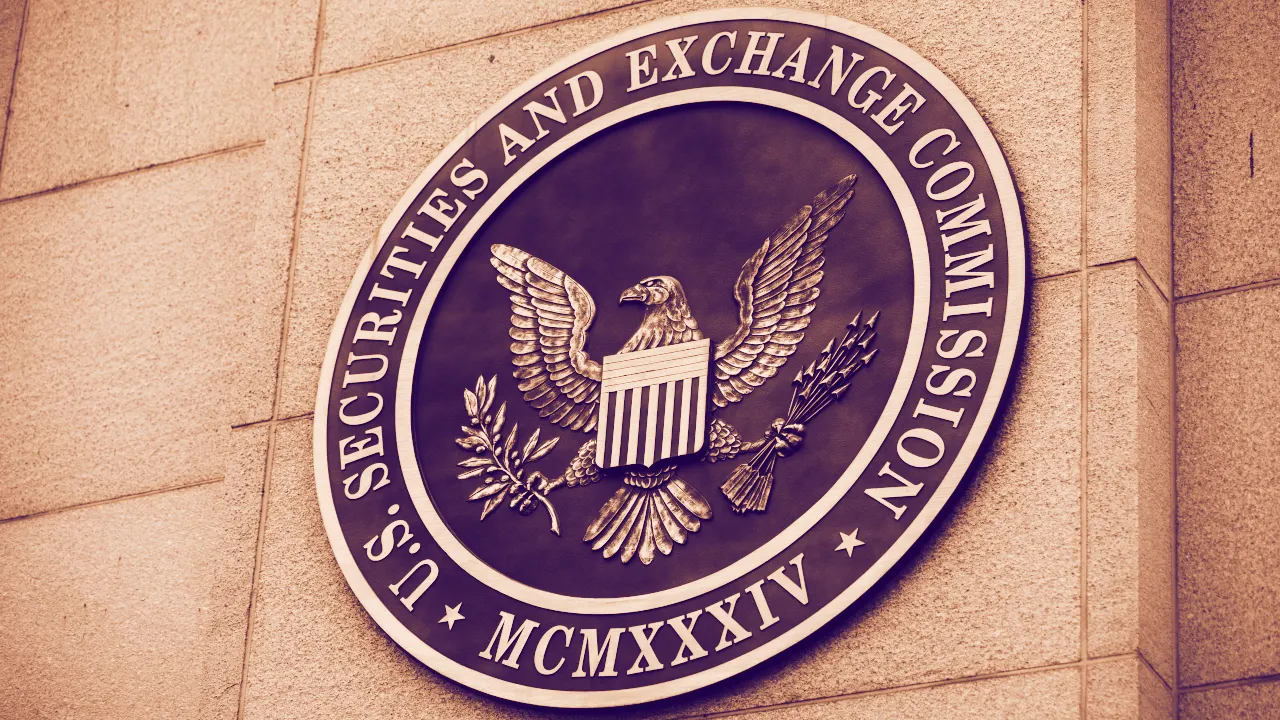In brief
- SEC has settled with crypto gaming startup Unikrn.
- Unikrn's $31 million ICO notably drew investments from Mark Cuban and Ashton Kutcher.
- Unikrn has agreed to pay a $6 million fine and cease operating its token.
The US Securities and Exchange Commission has settled with Unikrn, a Seattle-headquartered crypto eSports and gambling platform, over its $31 million initial coin offering (ICO) that drew investments from Shark Tank’s Mark Cuban, Ashton Kutcher and Ethereum co-founder Anthony Di Lorio.
In 2018, the SEC had alleged that the ICO for UnikoinGold (UGK), which was held in 2017, constituted an illegal sale of unregistered securities.
The SEC announced today that Unikrn agreed to pay a $6.1 million penalty to the SEC, “substantially all of the company’s assets.” The SEC will then return the money to investors.
Unikrn tweeted that it is retiring its other tokens: Unikrn Loot, Unikrn Connekt, UnikoinSilver & UnikoinGold. People don’t really use UnikoinGold anymore. The coin, which peaked at about $2 in 2017, is today worth one cent. It has a market cap of $1.6 million and trades about $4,000 a day, according to metrics site CoinMarketCap.
Today we're retiring Unikrn Loot, Unikrn Connekt, UnikoinSilver & UnikoinGold.
The SEC will operate a fund for token holders who would like a refund — to participate, please withdraw your UKG from Unikrn to a private wallet.
More➡️https://t.co/txNrcg2mY2
— UnikoinGold (@UnikoinGold) September 15, 2020
The SEC’s charges against ICOs all follow a similar thread, and the charges against Unikrn are similar to those levied against Block.one, Telegram, Gladius, Kik, among others.
The SEC generally alleges that the blockchain-based token sold in the ICO constitutes a security, or more specifically, an investment contract. To prove this, it argues that the ICO fulfils the conditions laid out in the Howey Test, a decades-old yardstick for settling such trifles.
Then the crypto startup will usually respond by saying that the ICO isn’t a speculative investment, but rather an opportunity to get early access to a token that its holders can use on its platform.
The SEC is generally unconvinced. Here, it claims that “Unikrn promised investors that it would facilitate a secondary trading market for the tokens and that its efforts to increase the usages for the UKG token would increase demand for and in turn, the value of, the tokens.”
The Commission continued: “The order finds that Unikrn offered and sold UKG as investment contracts, which constituted securities, yet failed to register the offering or qualify for an exemption.”
Unikrn, like all of the other firms that lost this battle, settled “without admitting or denying the SEC's findings.”
Kristina Littman, chief of the SEC Enforcement Division's Cyber Unit, said in a statement: "The securities registration and exemption framework is designed to ensure investor protection and access to material information, while also facilitating capital formation.”
And it’s on to the next one for the SEC.
Editor's note: This article and its headline were updated after publication to provide additional details about Unikrn's settlement with the SEC.

